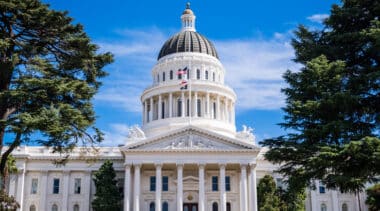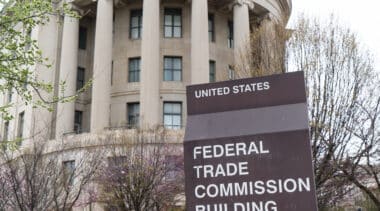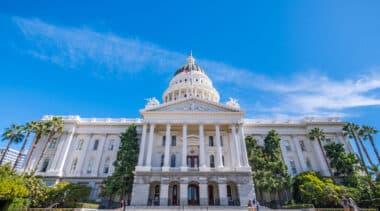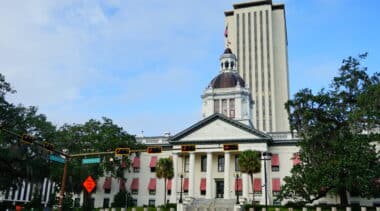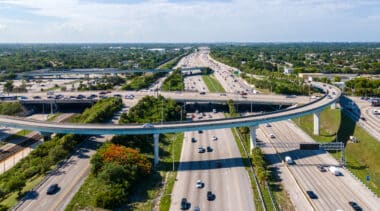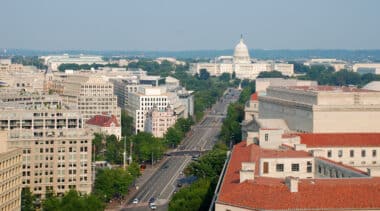-
California should decriminalize psychedelics
Senate Bill 58 is an important, prudent, evidence-based step that can improve public health and the lives of Californians.
-
Reason Webinar: Robert Atkinson and Thomas Hazlett on big tech’s power, social media regulation, FTC antitrust lawsuits, and more
We discuss whether tech companies have become too big and powerful and what tech-related policies and regulations most need to be changed.
-
California fossil fuel pension divestment bill stopped, for now
Fiduciary duty is the only thing pension funds should be considering when picking investments.
-
Florida needs more research on phosphogypsum’s use in road construction
The state should establish some test scenarios for demonstration and submit them for EPA approval.
-
Florida strengthens retirement plan but also increases taxpayers’ burden and rolls back pension reforms
Gov. Ron DeSantis recently signed Senate Bill 7024, which makes several changes to the Florida Retirement System, the state’s retirement plan for government workers.
-
Protectionist laws will not save local news
As is typical of protectionist laws, the small group of true winners would be those connected to the power that comes with writing the regulations.
-
California seems poised to ban driverless trucks
The bill would cement California as the nation's most burdensome regulatory environment and deny Californians the safety and mobility benefits these technologies can bring.
-
What you should know about the newly proposed federal Merger Guidelines
The 13 new guidelines present resistance against prospective mergers far more aggressive than positions taken by authorities for decades.
-
What you need to know about the World Health Organization’s declarations on aspartame
Aspartame is one of the most studied sugar substitutes on the planet, and its safety has been repeatedly confirmed.
-
Montana makes public pension progress but major opportunities remain
The major policies adopted this spring will help protect the state's public pensions.
-
Studies suggest teachers value salary increases more than pension benefit increases
For teachers, "a change in current compensation is more salient than a change in future retirement benefits," research finds.
-
The Texas legislature’s ongoing rejection of public-private partnerships and tolling
Many of the state's large construction companies have lobbied effectively against expanded tolling and new design-build-finance-operate-maintain P3s.
-
Collection costs are a major barrier to mileage-based user fee implementation
Mileage-based user fees face implementation challenges due to their expected increased collection costs compared to gas taxes.
-
Research showing the tremendous therapeutic potential of psychedelics
In clinical trials, one-third of patients who showed no response to at least two other forms of treatment for depression demonstrated lasting remission following a single treatment with psilocybin.
-
Congress could have fixed many of the country’s flight delay problems years ago
Giving FAA more money will not solve America's air traffic control problems because we have a flawed model.
-
Do you think your state has K-12 open enrollment? You might be wrong.
Policymakers should strengthen their open enrollment policies so every student can choose a public school that is the right fit, regardless of where they live.
-
New report highlights enormous scale of community supervision in the United States
Data from a new report from the Prison Policy Initiative shows that nearly 3.7 million adults are on community supervision programs like probation and parole.
-
Spring 2023 Unified Agenda shows increase in federal transportation regulatory activity
The Spring 2023 Unified Agenda lists 235 active rulemaking projects at the U.S. Department of Transportation. Of those 235, 24 are new rulemaking projects.
